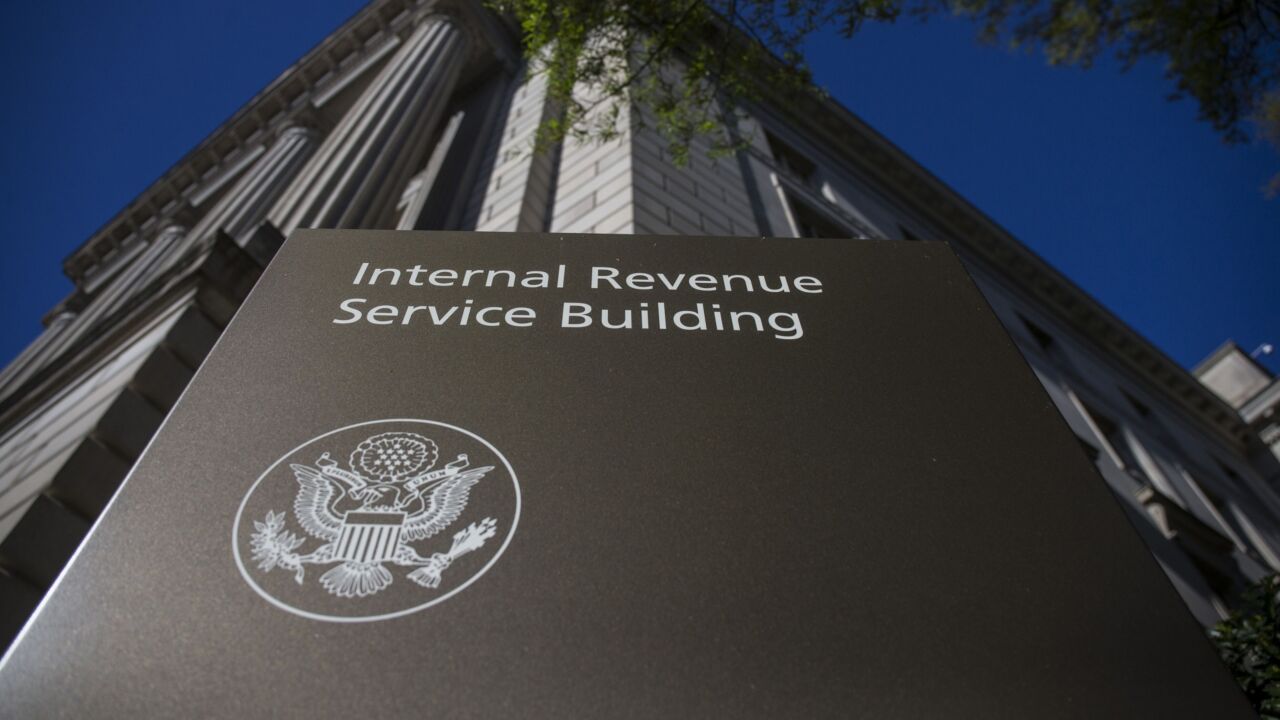IMGCAP(1)]Working with accounting professionals, a common challenge we often encounter is a CPA’s inability to secure an engagement and their frustration of not understanding why this happens. Analyzing these situations has led us to uncover that one of the main reasons for not securing an engagement is a fear of climbing!
While acrophobia is the fear of heights, “climbaphobia” is our word for the fear of going higher up in the client’s organization to reach the ultimate decision maker. This fear is responsible for many lost dollars. In this article, we’ll examine how “climbaphobia” negatively impacts securing new business for your practice.
To close an engagement and secure business with a client, we believe that you must meet the four criteria below:
1. You need to be working with or have direct access to the Ultimate Decision Maker, the UDM.
2. You must have the right skills or experience to meet or exceed the client’s needs.
3. The client must have the correct budget for the engagement (funding).
4. A decision must be anticipated in a reasonable time frame.
Let’s focus on the first criterion, working with or having direct access to the UDM, since this is the key to securing an engagement.
Many professionals enjoy lively interactions with others, especially in business development situations. In these circumstances, we have found that it is quite common for professionals to spend much of their time speaking and working with those who, not coincidentally, are interested in speaking with them and seldom venture out of their comfort zone in this regard. Should one be engaged in this robust interaction in a business development situation with the UDM, that’s great! Unfortunately, more often than not, most CPAs are not spending their time with UDMs.
To make matters worse, while spending time with a non-decision maker, your competition may have already begun their climb “upstairs” and started working with the person who could be the UDM. “Upstairs” is the location actually or figuratively used to describe the denizen of UDMs, who often maintain their domicile in the upper domains of the real estate of the client’s business.
This also begs the question of how often are you truly working with the Ultimate Decision Maker? If your answer is anything other than “always,” it is time to see if you are suffering from “climbaphobia.” While not clinicians, we have a reasonably easy and painless, albeit non-scientific way to diagnose “climbaphobia.”
Simply answer the following questions:
Are you uncomfortable asking your contact if they are the Ultimate Decision Maker?
If your contact is not the UDM, are you comfortable asking them who that person is?
Are you nervous about and maybe even unable or unwilling to make a call into the executive suite (a.k.a. “C-Suite”—CEO, CFO, COO, etc.)?
Do you find it difficult interacting with an executive, especially once you learn they are the UDM?
Do you easily concede that a lack of response from the UDM means no interest in the engagement?
Does this perceived lack of interest provide a reason to head back down the organization to find someone who will speak with you?
If you answered “Yes” to at least three of these questions, it is quite possible you could be a “climaphobic.” Just as with any condition, the first step in treatment is recognizing the affliction. Now we can move on to treatment.
Treating “Climbophobia”
Our reluctance to go “upstairs” is often due to an underlying fear of rejection or potential loss. However, our fears can keep us from engaging with the UDM and potentially cost us an engagement.
Let’s address the questions of whether you uncomfortable asking your contact if they are the UDM, and if not, are you comfortable asking them who that person is? There are several issues that come into play here. Humans are primarily social beings and prefer to be in situations where we feel that people like us. If we are speaking to prospects that are easy to reach and quick to interact with us, it is easy to adopt a belief that we are advancing the sale.
Safe in this belief, we don’t want to risk offending anyone and are reluctant to question our contact’s decision-making authority. But without questioning, we may never know whether this person is the UDM.
If you are working with the UDM, you are off to a great start and well positioned for success. However, if your contact person is not the UDM, how do you ask questions about who is making the decision without offending them, especially since you may need this person to facilitate an introduction and/or make a recommendation along the way?
One way is to be direct and ask the person you are working with if they will make the final decision and can sign the engagement letter to proceed. With a “Yes” you are also in a good position to continue to advance the relationship and proceed to the engagement.
It is quite possible your contact may say they are doing all the “leg work” and will make a recommendation to the UDM (who, by the way, always goes by what they recommend). As your follow-up, you may ask, “Who is the person who will sign the engagement letter?” You can then ask for an introduction to the named person.
Another way to find out is to do some legwork of your own and try to determine the most likely UDM before your call. Then, ask your contact person if they are authorized to sign the engagement. If their answer is no, ask if the person you presume to be the ultimate UDM will sign. If the answer is still no, it may be time to directly ask your contact who will sign the engagement letter and work toward developing a relationship with that person.
If you are nervous about making a call to the executive suite, it is perfectly normal. There are several ways to help control your nerves. The most important is preparation. Do your research and prepare for the call. Use the Web to find out as much as you can about the person you intend to reach. Don’t overlook LinkedIn, Facebook or their company’s Web site in your research. You should also seek to determine the accounting challenge the prospect is facing and be fully prepared to discuss the situation from a business perspective.
Try to prepare good questions for your meeting with the UDM to which you will probably need answers. Look to develop thoughtful questions that demonstrate your understanding of the topic or situation. Be sure to think through the answers to the questions you may be asked.
If possible (and practical), before the call, practice with a colleague by asking them your questions and have them ask you the client’s potential questions as well. Ask them to listen to your answers and provide feedback. With proper preparation and practice, your confidence level should begin to increase, making you ready to go.
If you worry that a lack of response from the UDM means no interest, there are many reasons that an UDM may not call or email you back. Let’s face it, UDMs are busy people, and a lack of response could be driven by a number of reasons. Keep trying and vary your attempts to reach them. Try different days, times and alternate your emails with a good old fashioned phone call. Do not give up easily.
After a few unsuccessful attempts to reach the UDM, the urge to drop back down to someone who will speak with you is very strong. Don’t do it. Hold your ground and stick to it. There may be any number of pressing issues and situations that are taking priority for this person. Keep at it and be prepared for when your opportunity comes. While not every opportunity will be successful, those who “hang in there” will win their fair share.
Building a practice is not easy and business development is an ongoing challenge. Talking to those willing to talk to you seems so natural, yet it often does not yield much in the way of results. Those who decide to focus their efforts on reaching and working with UDMs experience the greatest likelihood of client and revenue growth and long-term practice success.
CPAs who learn to overcome “climbaphobia” and spend more of their time with Ultimate Decision Makers should expect to achieve better results and an upward trajectory for practice growth.
Bill Taylor is president of





